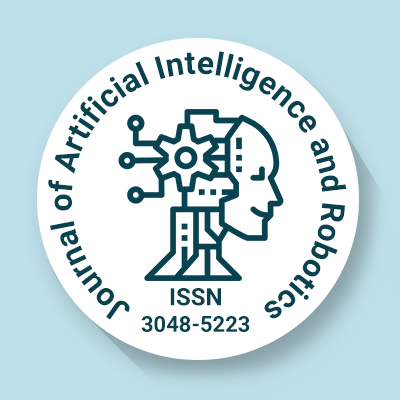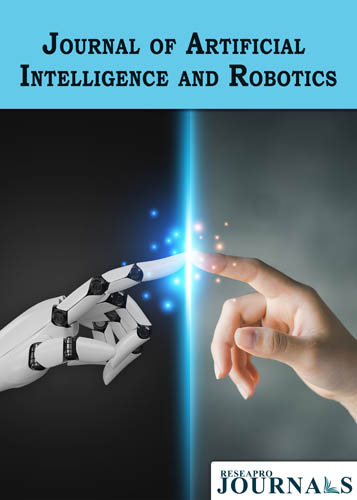
Journal of Artificial Intelligence and Robotics
OPEN ACCESS
ISSN: 3048-5223

OPEN ACCESS
ISSN: 3048-5223

1Department of Biotechnology, Kalinga Institute of Industrial Technology, Odisha, India
2Department of Structural Engineering, SOA University, Bhubaneswar, Odisha, India
Agriculture is encountering unprecedented obstacles such as climate change, limited resources, and the necessity for sustainable methods. This article examines how combining biotechnology and artificial intelligence (AI) can help solve these problems. Biotechnology, including technologies like GMOs, CRISPR-Cas9, and synthetic biology, provides means to create stronger crops, boost pest resilience, and increase resource efficiency. AI enhances these technologies by utilizing machine learning, predictive analytics, and robotics to improve crop management, track crop health, and predict agricultural results. The review showcases how AI improves data analysis for genetic modifications and fine-tunes crop management strategies, emphasizing the synergies between biotechnology and AI. AI technology has been used successfully in optimizing CRISPR and developing disease-resistant crops. Despite the progress made, obstacles remain, such as technical boundaries, ethical issues surrounding genetic alterations, and economic implications for small-scale farmers. Dealing with these obstacles demands a well-rounded strategy involving strong regulatory structures and collaboration with stakeholders. Potential next steps involve utilizing AI to improve precision breeding and integrating synthetic biology breakthroughs to enhance agricultural sustainability and productivity. Ongoing cooperation between biotechnology and AI is crucial for addressing current constraints and realizing a sustainable agricultural future.
Received 26 April 2024; Revised 20 May 2024; Accepted 25 May 2024
1Department of Biotechnology, Kalinga Institute of Industrial Technology, Odisha, India
2Department of Structural Engineering, SOA University, Bhubaneswar, Odisha, India